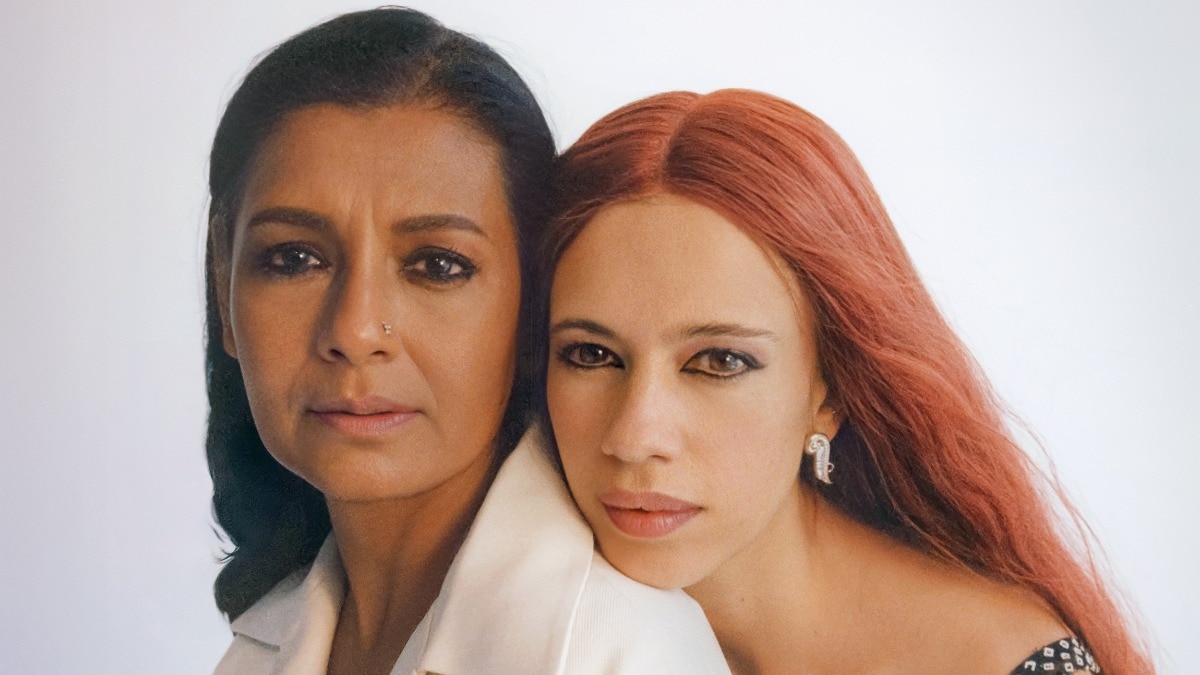Are essential oils actually good for your skin?
Picking the right one and using it correctly is key.


A few years ago, essential oils were pegged as the elixir that would magically cure headaches, calm you down, and clear up your skin. Concentrated plant extracts, essential oils, contain most of the flavour and essence of their source. While one can’t discount the advantages of aromatherapy—the act of using essential oils for therapeutic benefit, it’s important to keep in mind that not all essential oils are made the same, and when it comes to the addition of these elixirs in skincare, things get tricky. Though some have proverbially been known to help with scar-healing, brightening, and toning, they also flare up allergies and reaction in some.
Why do essential oils get a bad reputation?

Skincare is a science, so natural is not always better. Since aromatherapy or ‘clean beauty’ products aren’t as vigorously tested as other cosmetics and skincare, they might not be as safe to use. Plus their high concentration makes them risky for your skin. While you may get an allergic reaction to any essential oil, some are known to be riskier—citrus oils, including lemon, orange, and bergamot, for instance, can react to UV light and cause skin to burn and blister. Others, like tea tree, cinnamon, clove and peppermint, might also cause irritation.
But that doesn’t mean you can’t enjoy some of the other benefits of the oils. “Essential oils are considered bad because people often use them without really understanding the proper usage of a particular oil. Some are great to be used as mood boosters and some can be used to release headaches and reduce nausea. Essential oils are not at all bad if used correctly,” explains Muskan Chanchlani, beauty influencer and YouTuber.
“Most essential oils are safe, but sometimes they’re altered by synthetic chemicals, so they need to be diluted enough to be safe,” says Kompal Matta Kapoor, a New York-based skincare and beauty influencer.
The things to keep in mind when using essential oil

Are you already on your way to get rid of all essential oils in your vanity closet? You might want to hold that thought—they can be helpful if you shop for the right one, and use it correctly. First rule of thumb is to always dilute the essential oil in a milder oil like coconut—a ‘carrier’ oil in skincare speak—to reduce the potency of the highly-concentrated essential oil formula. Next, do your research and make sure you’re buying from a reputable source, and are testing it on a small patch of your skin before slathering the oil (or a product containing it) all over your face. Chanchlani elaborates, “Always do a patch test when using an essential oil on your skin and even then, use it only small doses.”
Essential oils can be especially unsuitable if you have sensitive skin

Since essential oils are extremely volatile, they aren’t ideal for sensitive skin. Kapoor explains, “Essential oils have the potential to initiate allergic reactions due to their vaporous and skin-absorbent nature.”
Chanchlani agrees. “They can be risky. So it’s always good to dilute them properly and do multiple patch tests before using the essential oils directly on any sensitive areas.”
Bottom line: When it comes to essential oils, it’s better to be cautious rather than risk an adverse reaction—just because they’re naturally derived doesn’t mean they’re completely safe for your skin. And if you’re in doubt, it’s always best to consult an expert.
Lead image: Alaya F/Instagram










